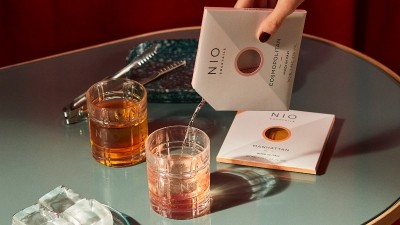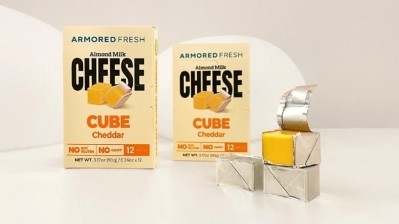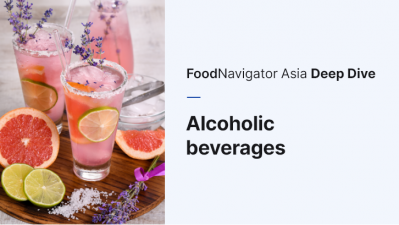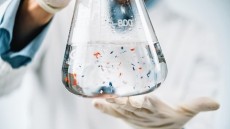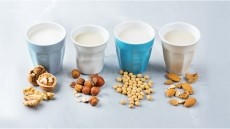Counterfeit-plagued alcohol sector could be fatal for both companies and consumers – Indian association
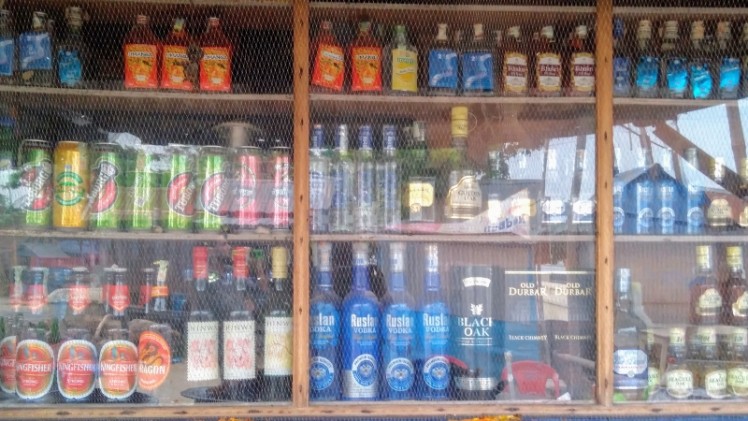
From luxury goods to everyday commodities, all sorts of phony products are threatening the health and safety of consumers in India.
The “State of Counterfeiting in India 2022” report by Authentication Solution Providers’ Association (ASPA) and analytics company CRISIL revealed that tobacco, pharmaceutical, alcohol, FMCG and currency were the top five most affected sectors in fiscal year 2021.
It was also found that 89% of consumers surveyed acknowledged the presence of counterfeited products in the market.
They cited sensitivity to price, demand-supply gap, desire to buy luxury brands, peer pressure, and social motivations as reasons for “feeling compelled” to buy these products.
On the other hand, 27% of respondents who bought counterfeit products said that they were unaware of it at the time of purchase.
“For instance, people in the semi-urban and rural areas had lower awareness, and were ‘cheated’ by fake agriculture products such as pesticides, fertilisers and seeds. This shows the importance of spreading awareness about counterfeits and identification methods.
“Furthermore, the alcohol industry has always been one of the top targets for counterfeiters. Criminals take advantage of the demand-and-supply gap to bring in illegal and fake products to the market. Between 2016 and 2022, approximately more than 6,000 people in India have died after consuming spurious liquor,” Ankit Gupta, member of ASPA’s governing body, told FoodNavigator-Asia.
According to IWSR data, alcohol consumption in India increased from 5.376bn litres in 2017 to 6.177bn litres in 2020, making the category an even more attractive target for counterfeiters.
Dangers of counterfeits
“The circulation of counterfeits adversely affects all stakeholders. Consumers pay a premium for packaged and branded products to be assured of safety and well-being, but with the prevalence of fake products, they are exposed to the risk of harm to their health, well-being, and even life,” Gupta said.
In particular, the alcohol industry faces the danger of losing consumers’ faith. When that happens, responsible brands that have invested heavily in developing high-quality products stand to lose brand equity and sales revenue.
“The underbelly of counterfeit products and illicit trade is that they rob the economy of tax revenue, which could have been used to spur economic development and progress,” he added.
All 28 States and eight union territories in India have their own set of laws for alcoholic beverages, making regulation a major challenge beyond just preserving tax revenue.
Currently, there are five states (Bihar, Gujarat, Lakshadweep, Nagaland and Mizoram) where alcohol is completely prohibited, and some with partial ban.
“Given the limitations on the movement of alcohol between each state, supply chain management is a nightmare for alcohol firms. Where the ban was enforced, the neighbouring states saw a sharp increase in excise revenue. As a result, interstate smuggling or counterfeiting has become rampant and lucrative for lawbreakers,” Gupta said.
Empowering companies and consumers
A big part of ASPA’s work involves facilitating the adoption of physical and digital anti-counterfeit solutions to help brands protect against loss of revenue and reliability.
The organisation also aims to generate greater awareness among consumers to safeguard their interests.
“Alcohol companies in India are putting money into making their products more secure and ensuring the safety of consumers. There is an increasing use of layered authentication and smart anti-tamper solutions, such as one-time break seal, tax stamps, and specially designed packaging.
“While the authorities are vigilant about the manufacturing of fake alcohol and trade of illegal products, the incrimination of lawbreakers leaves much to be desired,” Gupta said.
ASPA works closely with local industry bodies including Indian Beverage Association and FICCI Committee Against Smuggling and Counterfeiting Activities Destroying the Economy (CASCADE), as well as global authorities such as Counterfeiting Intelligence Bureau (CIB) and Interpol.
“Authentication technologies are being used in many countries and have proven their effectiveness over the years. Widespread adoption of these solutions can drive a tremendous change and ‘clean up’ the ecosystem drastically,” he concluded.


